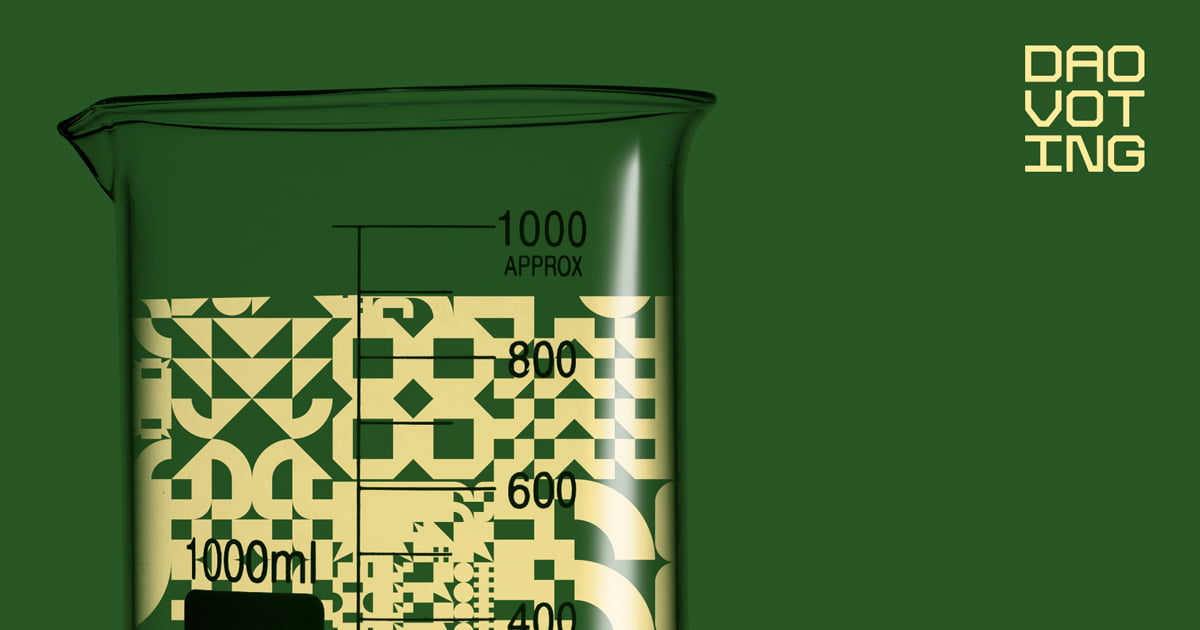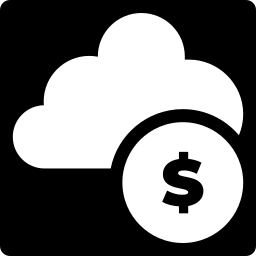Research Summary
The report explores the potential of web3 governance as a laboratory for democracy, focusing on five key areas: understanding voter turnout, empowering good actors, designing strong institutions, improving political representation, and tracing strategic behavior among political actors. It highlights the experiments being conducted by various projects in these areas and the opportunities for further research.
Key Takeaways
Understanding Voter Turnout in DAOs
- Low Voter Turnout: DAOs often struggle with low voter turnout. The report suggests that this could be due to the inability to directly contact voters. It proposes that web3 could experiment with different mechanisms to increase voter turnout, such as appeals to civic duty and social pressure.
Empowering Good Actors in Governance
- One-Token, One-Vote Model: Most web3 projects use a “one-token, one-vote” model, which can lead to a small number of wealthy actors exerting disproportionate influence. The report suggests that projects could move beyond coin voting and incorporate merit and contributions into the accumulation of governance influence.
Designing Strong Institutions
- Traditional and Novel Approaches: As web3 projects design political institutions, they are experimenting with both traditional and novel approaches. The report highlights the potential for studying the effects of these different designs, such as the use of veto power and the creation of judicial systems.
Improving Political Representation
- Selection of Delegates: Currently, most web3 delegates are selected based on token wealth or status in the ecosystem. The report suggests that projects could experiment with more democratic ways to select representatives, such as improving how information about delegate candidates is communicated to voters.
Tracing Strategic Behavior Among Political Actors
- Strategic Voting: With public time-stamped voting data in web3, there are opportunities to study how strategic agents anticipate the actions of others to maximize their own payoffs. The report suggests that this could lead to vote herding or other forms of free-riding based on backwards induction.
Actionable Insights
- Explore Different Mechanisms to Increase Voter Turnout: DAOs could experiment with different mechanisms to increase voter turnout, such as appeals to civic duty and social pressure.
- Move Beyond Coin Voting: Projects could consider moving beyond the “one-token, one-vote” model and incorporate merit and contributions into the accumulation of governance influence.
- Experiment with Different Institutional Designs: Web3 projects could experiment with both traditional and novel approaches to designing political institutions, such as the use of veto power and the creation of judicial systems.
- Improve the Selection Process for Delegates: Projects could experiment with more democratic ways to select representatives, such as improving how information about delegate candidates is communicated to voters.
- Study Strategic Voting: With public time-stamped voting data in web3, there are opportunities to study how strategic agents anticipate the actions of others to maximize their own payoffs.











